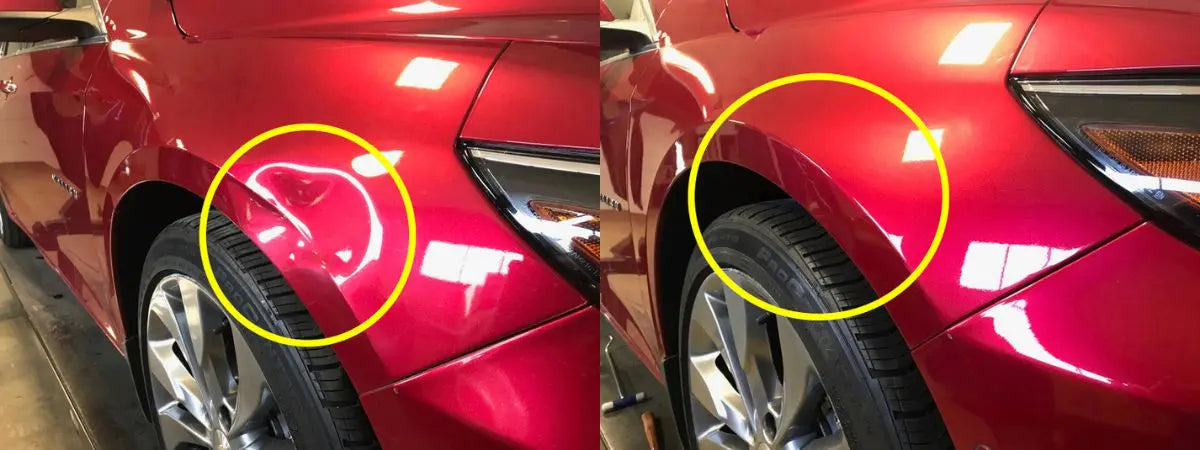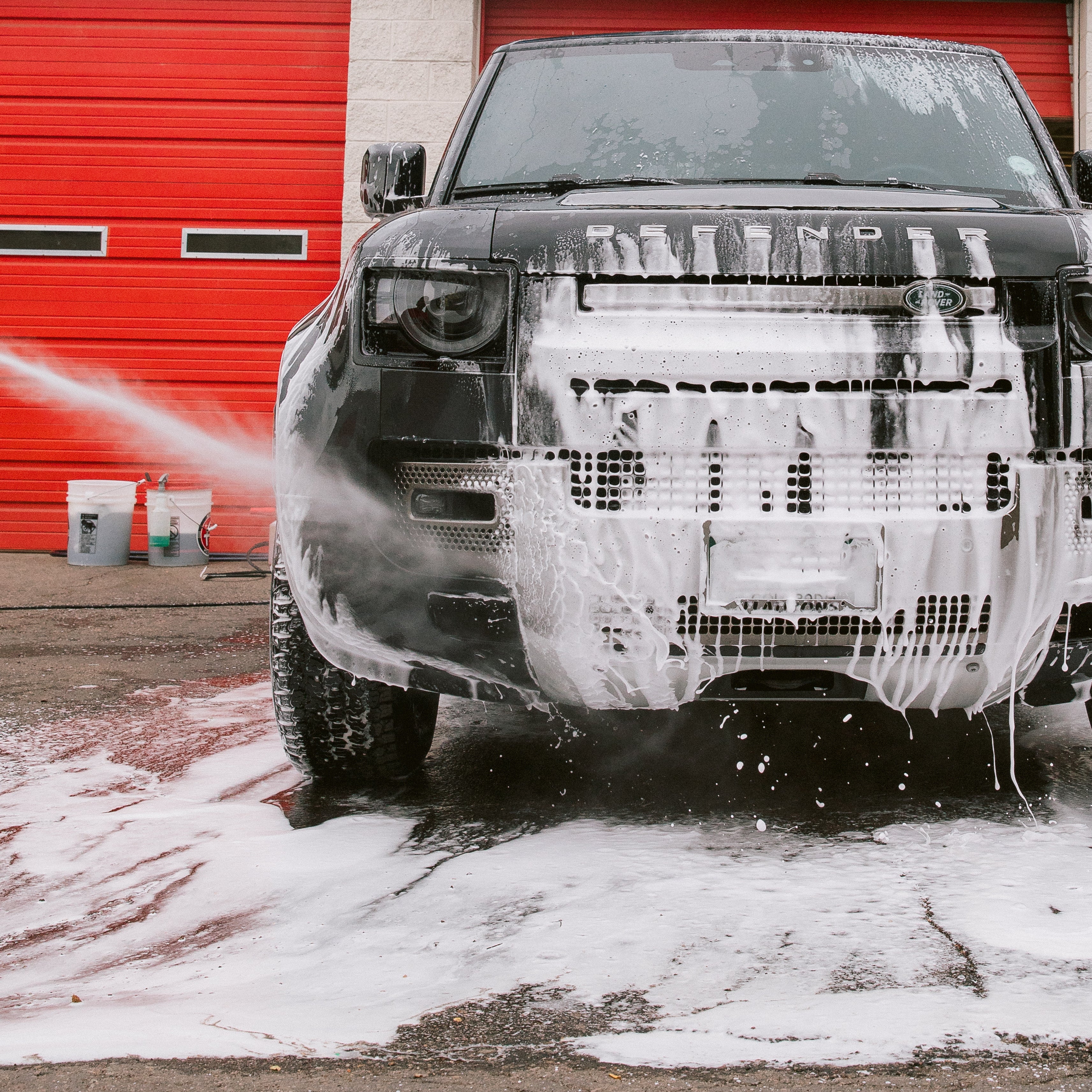Magnesium chloride, also known as "mag chloride," is a chemical compound commonly used as a deicer on roads during the winter months. While it can effectively melt snow and ice, it can also have a detrimental effect on your car's paint and undercarriage.
When mag chloride is spread on roads, it can get kicked up by passing vehicles and land on your car. The chloride ions in the compound can react with the metal on your car, causing corrosion and rust. This can lead to unsightly rust spots on the body of your car and can even weaken the structural integrity of the vehicle over time.
In addition to the damage caused by the chloride ions, mag chloride can also dry out and damage your car's paint. The chemical can strip away the protective wax coating on your car's paint, leaving it exposed to the elements and susceptible to fading and chipping.
To protect your car from damage caused by mag chloride, it's important to wash your car regularly during the winter months, especially if you live in an area where the chemical is commonly used. Use a mild car soap and a microfiber towel or a chamois to gently clean the surface of your car, paying special attention to the undercarriage and wheel wells.
It's also a good idea to apply a fresh coat of wax to your car's paint to help protect it from the drying effects of mag chloride. And if you are storing your car for the winter, it's best to do it in a garage or covered area to avoid exposure to the chemical.
In short, mag chloride can cause serious damage to your car's paint and undercarriage if not cleaned regularly and protected. It's essential to be proactive in maintaining your car during the winter to keep it looking and running its best.






